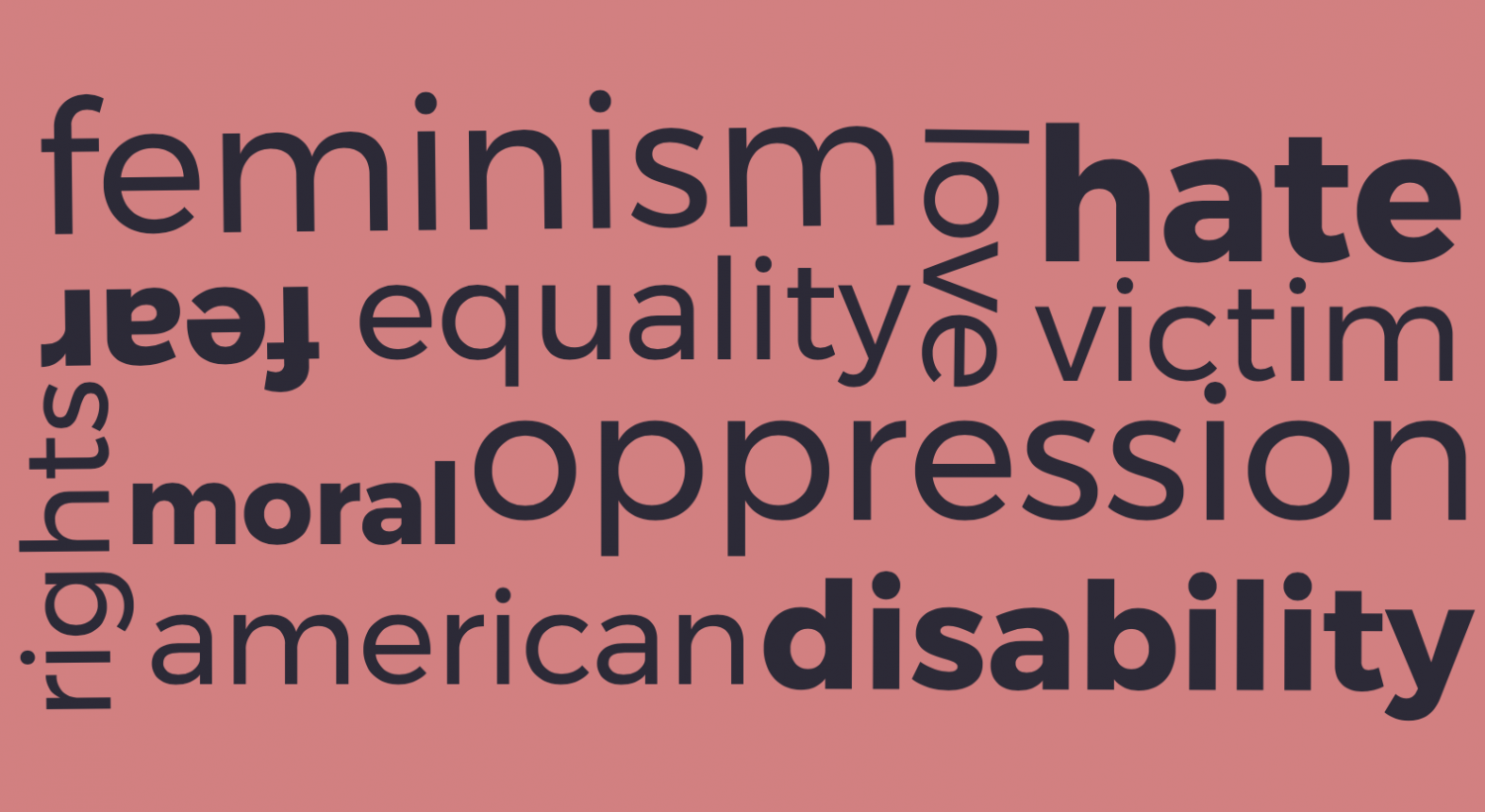Every word in the English dictionary has a specific definition, sometimes multiple. A majority of words, however, hold meanings that are not spelled out in the dictionary definition. Some words that are deemed sensitive are classified that way for a reason, and we need to be aware of what we are saying.
Words have different meanings depending on the person, because of the distinct experiences we each go through. The word “brave” could mean jumping off a cliff for one person, and staying home alone at night for another. The word “bittersweet” could describe the feeling of a concert concluding for one person, and going to the same ice cream shop your ex best friend used to work in. The root of the meaning is similar, but the branches spread out in a vast amount of directions.
This idea is similar to music, where a song can bring you back to a specific time in your life. In 2013, Amee Baird and Séverine Samson from University of Newcastle in Australia published research in Neuropsychological Rehabilitation, where they used popular music to help people with severe brain injuries remember past memories.
This is why, when people ask you to think of the first word that pops in your head after they say a word, responses can be spread across the board. I have played this game many times, and sometimes what I say does not make sense to others, because I associate that word with a personal memory.
For example, when I think of the word “camping”, I think of a little girl sitting in a big blue tub, because that’s where I washed myself at night. However, if I tried to explain that to someone, they wouldn’t understand it. I’m the only one who does, because the memory is so personal to me.
Words are the most powerful thing in the world, whether verbally communicated or written. They are extremely personal to each and every one of us. And we, as a society, need to realize the power words hold when we start throwing them around.
Words that may not be necessarily offensive, like feminism and freedom, have a very definite meaning. In modern society, these words are being used to justify concepts with twisted meanings. We can’t abuse the power of these words and put them where they don’t belong.
Select words are deemed sensitive and are likely contain a heavy meaning to individual people, like the “N” word, the “R” word or the “F” word. It is baffling to me that to this day, these words are still thrown around in a casual manner. It is our job as a generation to educate ourselves, and consider the true reason why these words should not be used anymore. We need to realize that our words have power, even when joking around with friends. This power needs to be used for good, because if used for good, our society will become a kinder and more considerate place.


